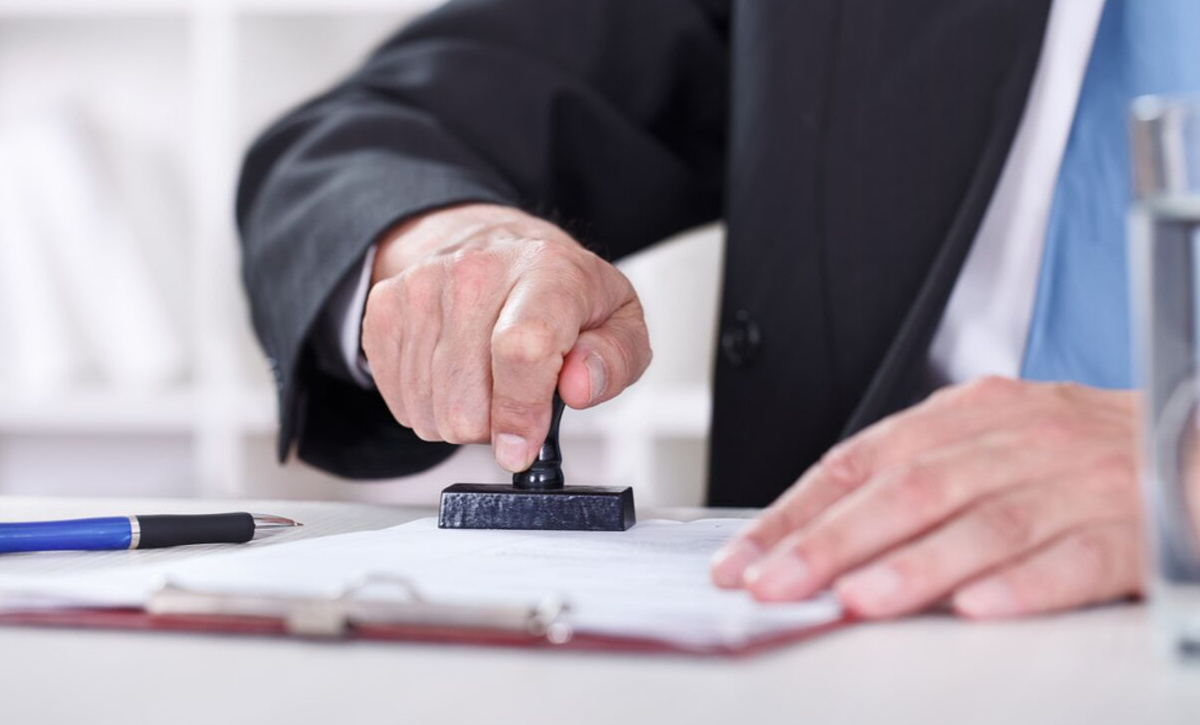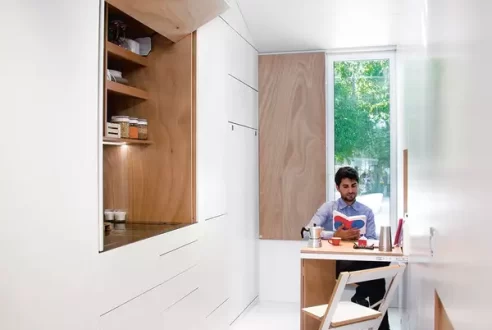There is a part of human being that is sometimes very delicate, and that can suffer fractures at the slightest unexpected movement: the pocket. The purchase of a house or an apartment is one of those movements that involve additional money: today’s article will take care of the health of your pocket, wallet, checkbook, purse, checking account and/or savings account in pesos / dollars, all those parts of the human being extremely sensitive to unexpected changes.
Notary
To avoid the fluctuations in your bank account when buying a property, the most effective remedy is to take into account in advance that you must hire the services of a notary, who, according to reliable sources, does not work for free.
What Does the Notary Do in This Process?
He checks that all documents are in order:
– Check the status of the deeds.
– Verify the titles and purchase processes of the property over the last 30 years.
– Analyze the history to see if the property has any debts or mortgages.
– Draft the purchase document and process structures.
– Act as a fiduciary agent for the initial payment of the delivery or down payment.
Cost: It depends on each professional, but we always calculate an approximate value of 3% of the total cost of the house or apartment that you buy.
Stamps, Fees and Taxes

The main causes of sprains, cracks and strains in your finances are due to unexpected taxes, paperwork you hadn’t thought of and fees that seem to come out of the ground. The most effective medicine is to know what you are going to find, swallow it with a cool glass of water and that’s it.
– Stamps and registration fees: 0.5% of the total cost of the property.
– Registration fees and certificates: approximately $300 to $800, depending on the number of registers.
– Property transfer tax (ITP): 2% of the tax value of the property (usually much less than the market value).
Real Estate
he consulting work of a real estate agency allows you to save a lot of time and money. The intermediation of a professional brings efficiency to the whole process, starting with facilitating the search, since it has a portfolio of clients to offer you options that match what you are looking for. In addition, the real estate agency optimizes the process of marketing a property, which generates benefits for both the owner and the buyer.
A real estate agency is an additional guarantee that the house or apartment is in order and is the best option for those looking to move, as it also keeps you informed of any news regarding the property so that you don’t have any surprises. At the same time, it ensures that the one looking to buy meets all the requirements that the owner asks.
Some of the services offered in your search for the property include:
– Informing you about the different financing plans that exist on the market.
– Acting as an intermediary between you and the owner, as you do not always have the time to do this in person, and sometimes distance is an obstacle that a real estate agency can solve.
– The real estate agency facilitates the process of evaluation and inventory of the property that interests you.
– In case of disagreement, it acts as an unbeatable mediator between the parties.
Cost: 3% plus VAT of the total value of your future home.
Loan
If you haven’t saved up all the money you need to buy the property, you will probably take out a home loan. What you need to keep in mind in this case is that life insurance and sometimes fire insurance for the house or apartment, as well as an appraisal, are part of the requirements.
The cost of these two items varies depending on the amount of the loan, the financing of the payment and the property you are going to purchase. The advantage is that you can pay for them separately or add them to the loan payments, so you don’t have to worry about this until the debt is finalized.
Furniture
The last expense you’ll make when buying a home is moving. So don’t forget to include an amount in your budget for transportation, or for buying new furniture when the property doesn’t include the equipment.
There you are! These are the additional expenses you should prepare for when buying a house. Did you buy a house before? How did it go? Let us know in the comments below.



